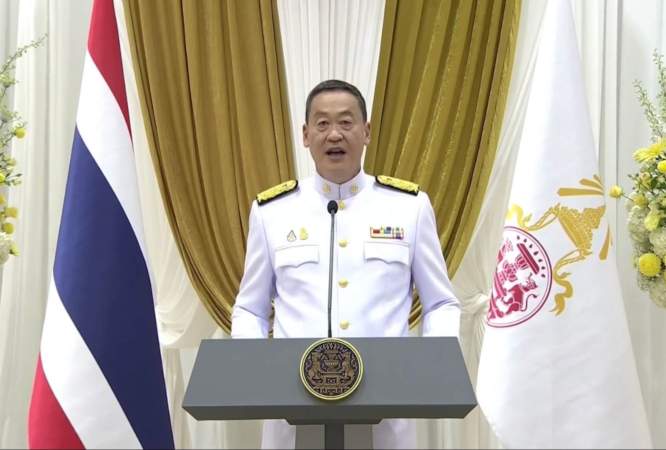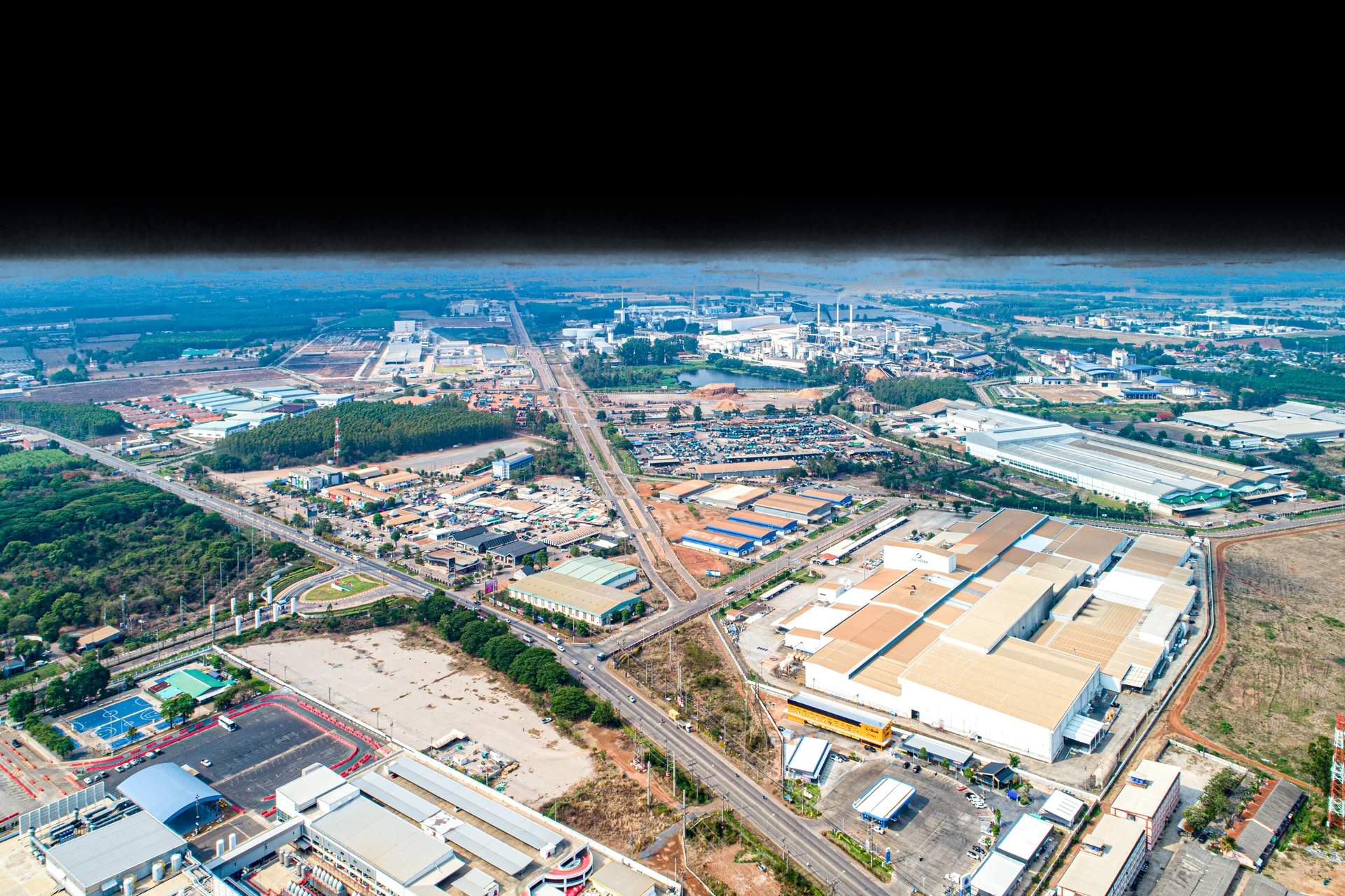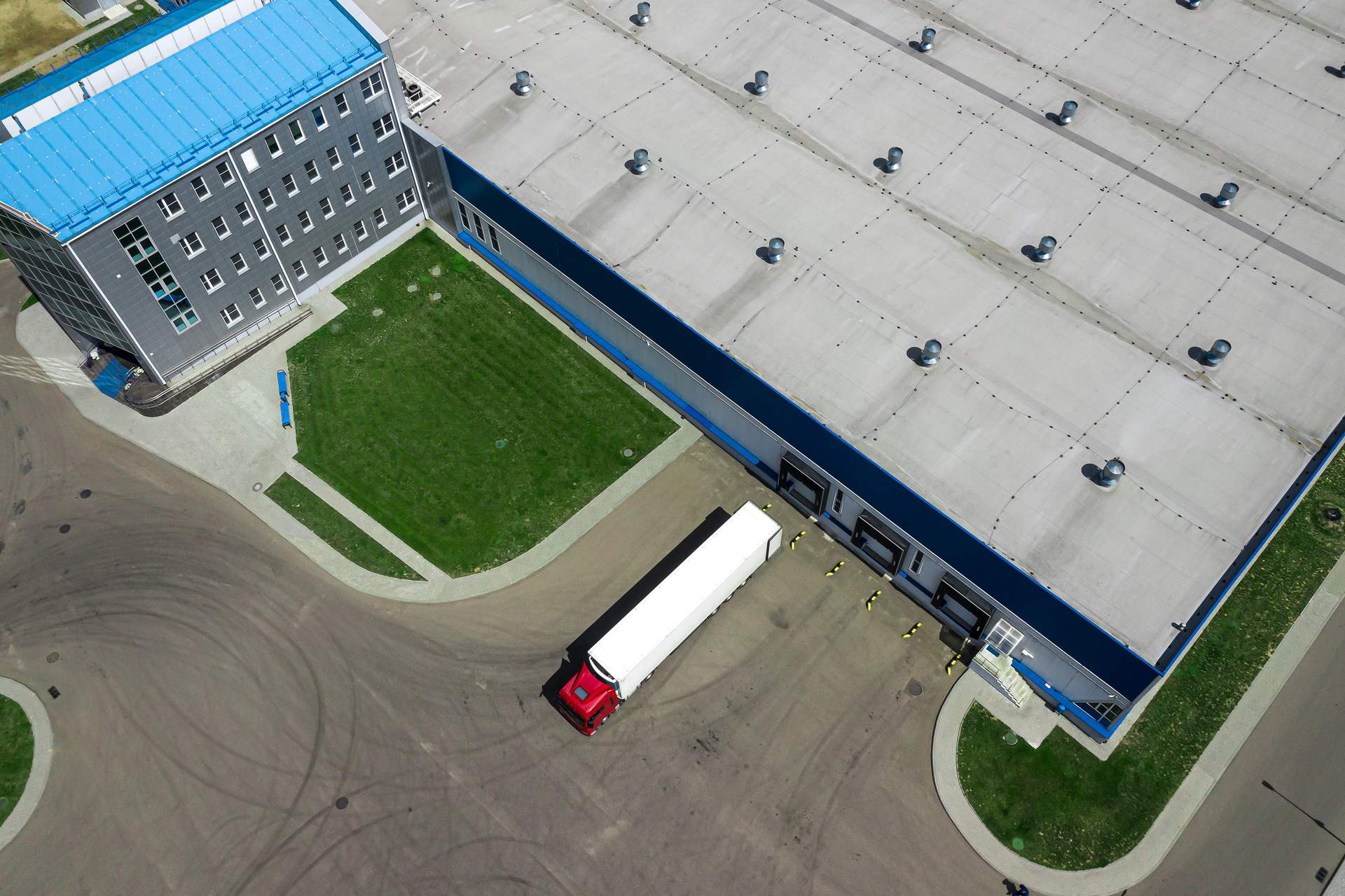Focus on the New Government’s Economic Policies: Expectations of Attracting Foreign Investment to Thailand

Image Source : https://moneyandbanking.co.th/2023/57123/
Following the parliamentary vote, where 482 out of 750 members of parliament and senators voted in favor of Srettha Thavisin, a candidate from the Pheu Thai Party, has officially become Thailand's 30th Prime Minister. With a majority of support, attention now turns to the party's campaign promises, particularly the highly anticipated 10,000 baht digital currency initiative aimed at boosting the economy, expected to be rolled out by the second quarter of 2024.
Attracting Foreign Investment with Special Economic Zones
One of the main policies under Srettha’s leadership is attracting foreign investment through the creation of special economic zones (SEZs) with enhanced incentives. This builds upon policies from the previous administration, offering additional perks such as income tax exemptions, waivers on land and building taxes, and import duties, along with streamlining the approval process for permits and documentation. These measures aim to resolve issues related to labor, international transactions, and import-export procedures, making it easier and faster to conduct business. The focus will be on encouraging new industries and innovations to establish Thailand as a global production hub for sectors like biotechnology (BioTech), agricultural technology (AgriTech), and medical technology (MedTech), helping to boost the agricultural and regional economies.
New Business Zones in Major Cities Around Bangkok
To ensure the smooth implementation of these policies, the new business zones will be established in strategic provinces with abundant labor, robust infrastructure, and transportation links, free from issues like droughts or floods. These zones will be designed to facilitate easy connectivity between cities via road, rail, and air transport, while also being near production materials. As more factories are established, new communities will emerge, helping to drive local economies by increasing employment, attracting residents, and boosting local businesses such as shops, restaurants, and accommodations.
Job Creation, Income Distribution, and Reducing Congestion in Bangkok
The establishment of these new business zones will create job opportunities in local areas, effectively distributing income to provinces and reducing the need for workers to migrate to Bangkok and its surrounding areas. This will help lower living costs for workers and increase their savings, contributing to overall economic improvement.
Continuing Existing Projects and Enhancing with New Industries
The Eastern Economic Corridor (EEC), a project from the previous government, will continue and be enhanced with new industries to attract more investment. Thailand's strategic potential for exporting goods to neighboring ASEAN countries—by land, rail, and air—is a major selling point. With upcoming connections to countries like Laos, Cambodia, Vietnam, and eventually China, Thailand is positioning itself as a critical hub for regional trade.
Partnering with 304 Industrial Park to Drive New Business Growth
With its robust infrastructure and access to a large labor pool, 304 Industrial Park is located near the capital and benefits from incentives provided by Thailand’s Board of Investment (BOI). Foreign investors can fully own land, while also enjoying significant tax benefits, such as up to 13 years of corporate income tax exemptions and import duty exemptions on machinery. Non-tax benefits include permits for foreign personnel to explore investment opportunities. Additionally, 304 Industrial Park is located near key raw material sources to support emerging industries like agricultural technology, which aligns with the new government’s policies. Investors also benefit from a One-Stop Service for business facilitation, provided at no cost.
304 Industrial Park: A Prime Investment Destination
Understanding the importance of efficient production processes, 304IP supports unlimited use of electricity, water, and steam, backed by an on-site power plant with a capacity of 726 MW, providing round-the-clock backup power. The park also features biomass power plants that generate electricity from agricultural waste, with a combined capacity of 398 MW, and a solar floating power plant with a capacity of 150 MW, ensuring the provision of clean energy 24/7.
The park can produce 320,000 cubic meters of water per day from its self-built reservoirs, with a total capacity of 40 million cubic meters, without disrupting natural water sources. The innovative Pore Controllable Fiber (PCF) water treatment system ensures efficient wastewater management with Zero-Waste Discharge, preventing any wastewater from being released into natural water bodies. Moreover, 304 Industrial Park’s elevation of 14-20 meters above sea level guarantees flood prevention.
Conclusion
The policies of Prime Minister Srettha Thavisin’s administration promise to streamline processes for foreign investors, making it easier and quicker to conduct business. By continuing successful projects from the previous government and leveraging Thailand’s strategic geographic position—offering fast, cost-effective transport by land, sea, and air—Thailand is poised to be a key hub for investors. With reduced costs and higher profits, Thailand is indeed one of the best choices for global investors.
Information Source:
Related News & Media
304 Industrial Park
Creating a future-ready ecosystem for businesses, with green energy, complete facilities, and global connectivity.
Contact Us


